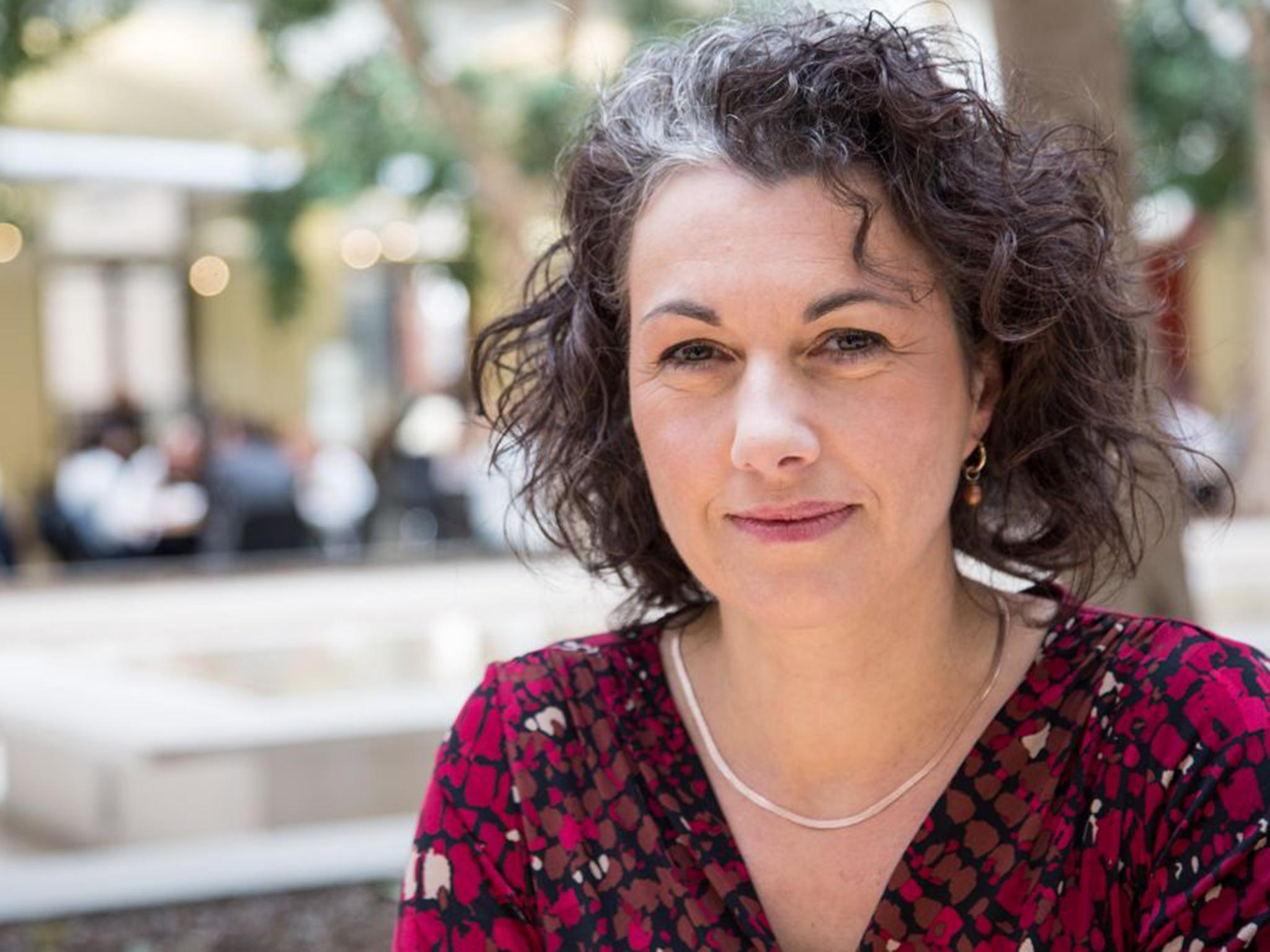Teach children over five about dangers of online grooming, Labour demands
Speaking to The Independent the mother of murdered 14-year-old boy Breck Bednar urged the Government to take Labour's plans 'seriously'

Children as young as five should be taught about the dangers of sexual abuse and online grooming while parents should be given help to spot the warning signs, a new report by the shadow women and equalities minister has recommended.
Launching a national action plan, Sarah Champion, the Labour MP for Rotherham, will say Dare2Care will equip children, parents and professionals from “the earliest possible moment to recognize exploitative and coercive behavior”.
The plan recommends the implementation of compulsory, age-appropriate resilience and relationships education from Key Stage 1 – when children are aged between five and seven. It also calls on the introduction of a framework to help all parents recognise the signs of child abuse and violence in teenage relationships.
Ms Champion said child abuse is “our nation’s dirty little secret”.
“We know it goes on. We’ve probably seen the signs and we may even be one of the millions of survivors. However, as a country, we seem more comfortable to turn a blind eye and to fail to equip parents and professionals to deal with abuse, than to consider it might be happening to our children”.
The report highlighted previous research indicating that more than 57,000 children have been identified as needing protection from abuse in the UK and suggesting that one in 20 youngsters will experience child sexual abuse.
The shadow equalities minister claims that the scale of the problem is “definitely increasing” due to the internet. “The internet has also spawned other forms of child abuse: cyber-bullying, sexting and grooming. In addition to all this, it has also become obvious to me that young people are much more tolerant of relationship violence than previous generations were – they now almost expect abuse if they enter into a relationship.
Ms Champion has worked closely with a number of survivors of child abuse, charities, educational forums and academics to make a series of recommendations for how we can help end the endemic of abuse in the UK.
One of them is Lorin LaFave – the mother of the murdered 14-year-old boy Breck Bednar, who was groomed by his killer through online gaming in the months leading up to February 2014.
Speaking to The Independent, Ms LaFave pleaded with the Government to take seriously Ms Champion’s proposals for compulsory education in schools. “It’s very important to me – with the work that I do with the Breck Foundation. I’m desperate for people to take CSE, especially online exploitation, seriously.
“It’s only growing,” she added. “When you look at the numbers that she [Ms Champion] has collaborated with the other charities… it’s not a little problem here and there – it’s a huge problem. It’s not just for my children because Breck is not here anymore, it’s for every child.
“I would plead to the Government to take it seriously because the money they would spend upfront with prevention would save them money in the long run as well as build a better society… It’s a long-term commitment that actually will pay off.”
Ms Champion added in the foreword of the Dare2Care campaign: “Unless we take responsibility to prevent child abuse, the picture will get much worse. We cannot sit on our hands and only act once a crime has been committed. That crime represents a childhood taken and a life shattered. We owe our children much more than that.
Matthew Reed, chief executive of The Children's Society, said: "Internet access opens up a whole new world of opportunities for children and young people's education and development, but it has many risks as well as benefits.
"In the worst cases it can present a serious threat to their safety. Some young people we work with tell us that contacts they meet online have gone on to exploit them for sex and coerced them to share inappropriate sexual images.
"The internet also provides access to pornography which is reshaping young people's views of what constitutes a safe and healthy relationship. This too can put them at risk of abuse or exploitation, not only from online predators, but also from classmates and other young people their own age.
"This important report highlights the urgent need for age appropriate sex and relationship education in every school. Classes should be compulsory and cover both online and offline relationships to combat grooming, exploitation and violence. Given that many victims of sexual offences are aged 16 and 17 it's vital that older teenagers in further education are able to learn about how to stay safe from sexual abuse as well."
Join our commenting forum
Join thought-provoking conversations, follow other Independent readers and see their replies
Comments